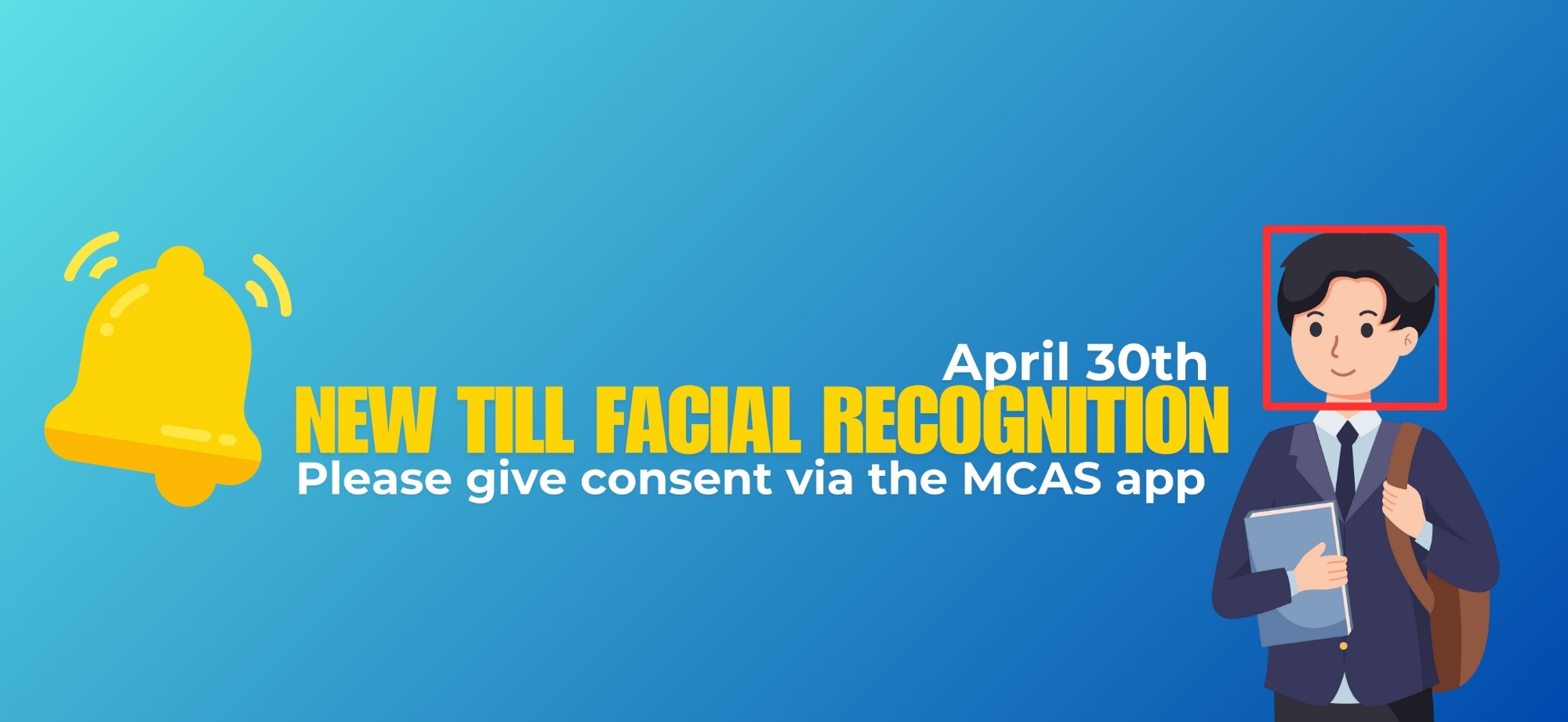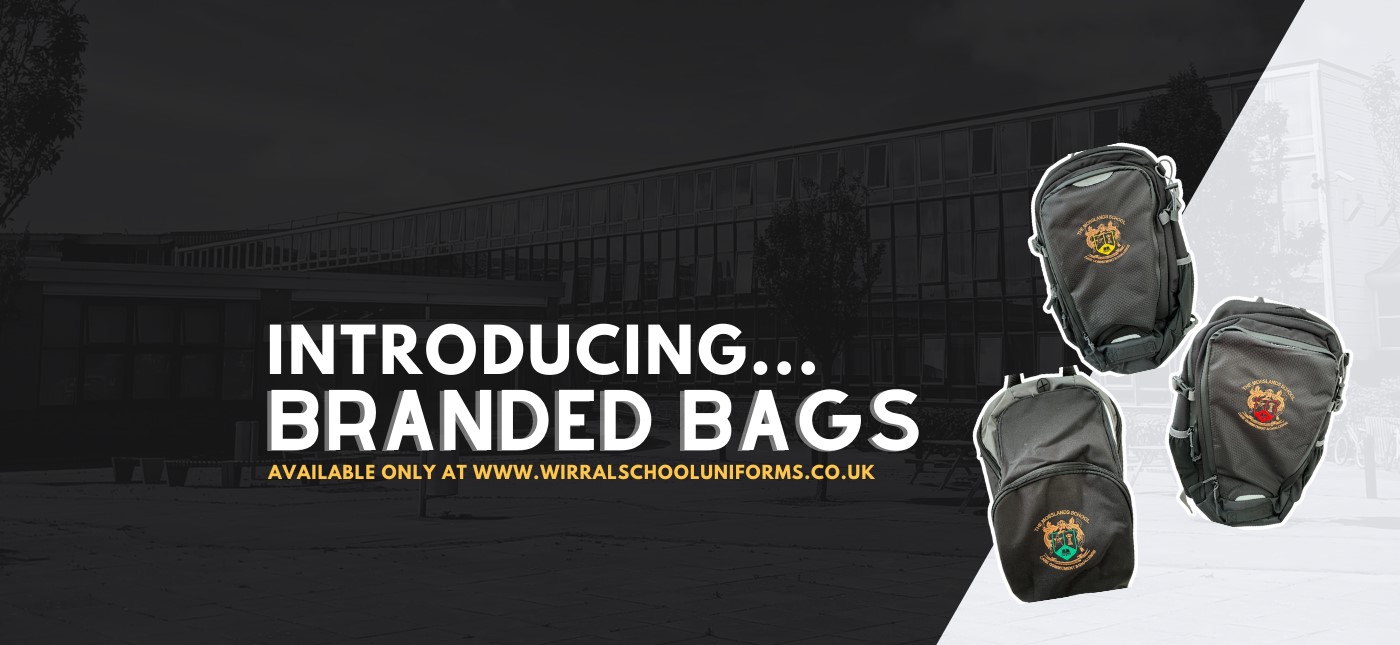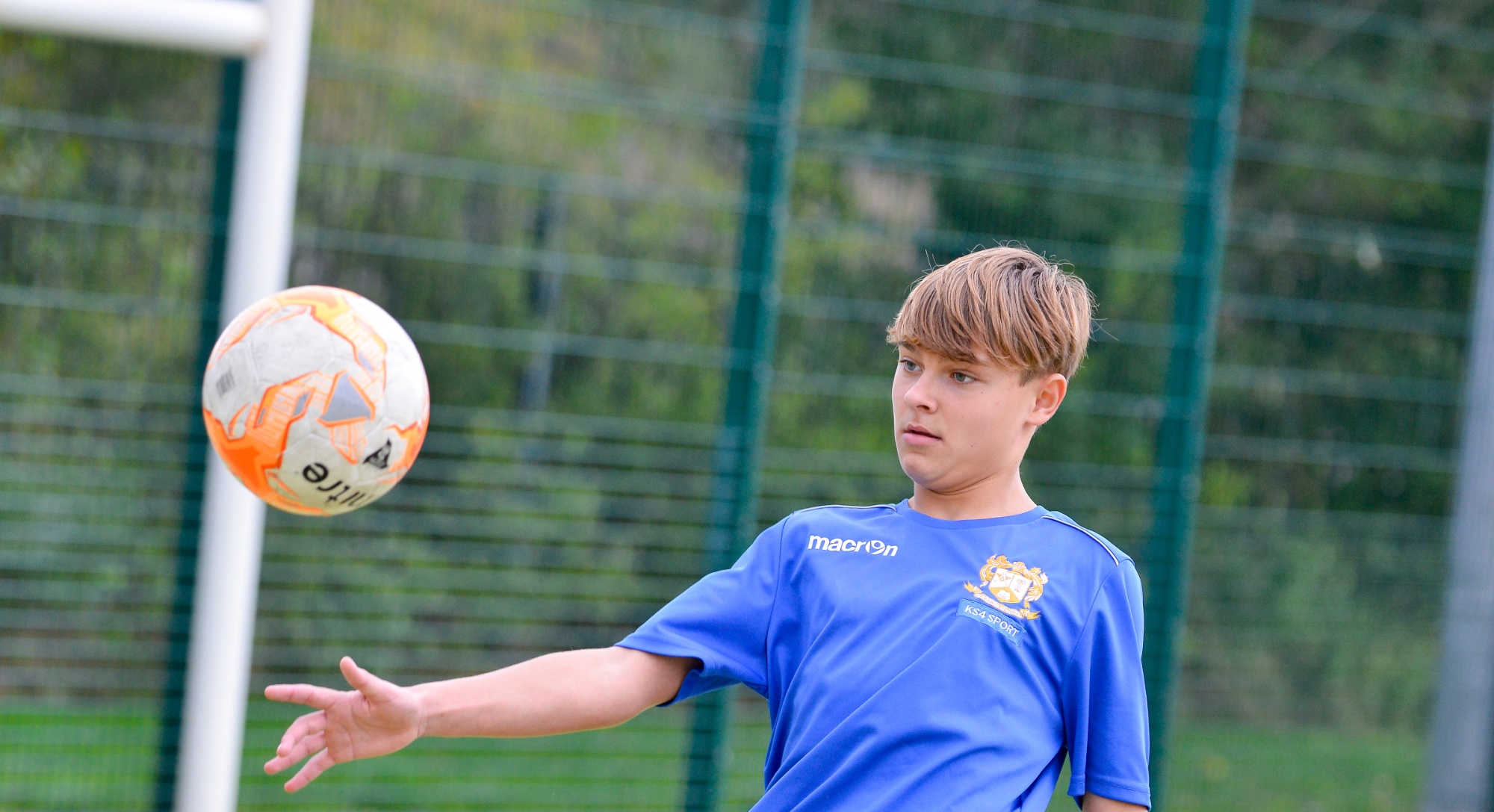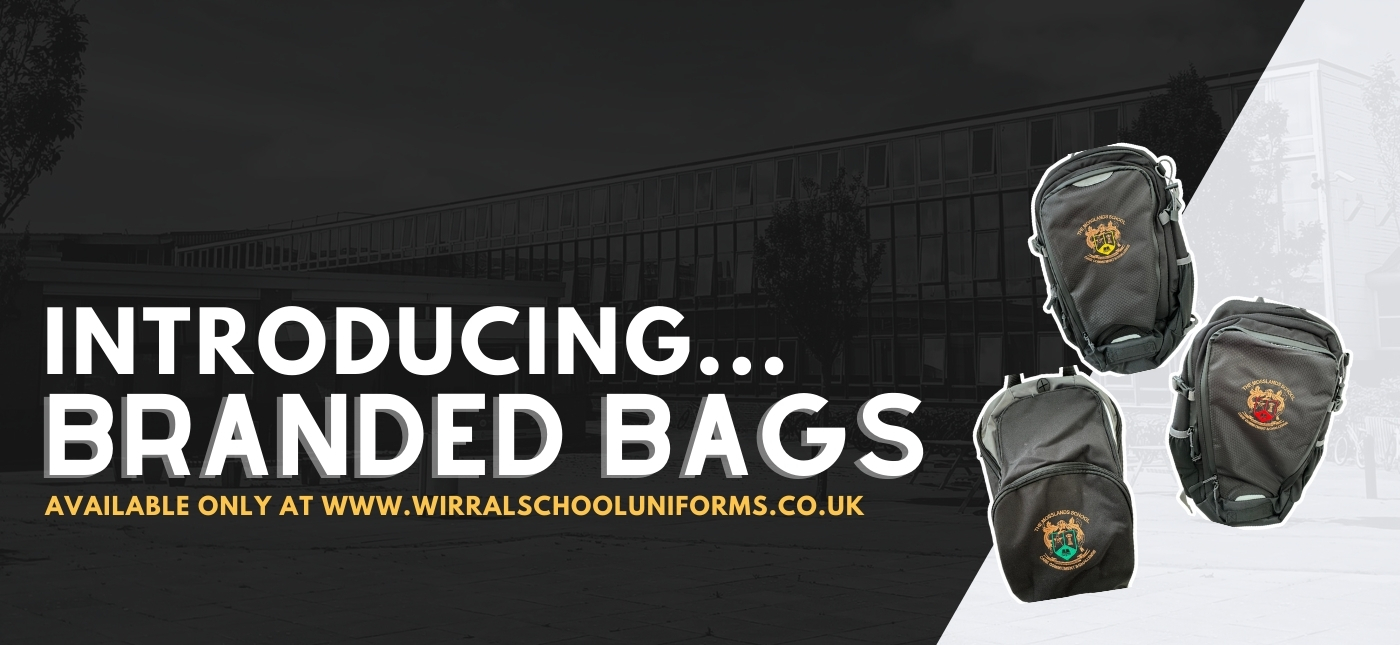Literacy Strategy Overview
Disciplinary Literacy
To support literacy in MFL, we aim to:
- Explicitly teach the listening, reading, writing, and speaking skills specific to languages
- Identify and develop the specific literacy skills essential to your subject area such as; finding types of words e.g., opinions or verbs, identifying and using different time frames and translating words or phrases into English or into the Target Language.
- All classrooms have an AVOCADO display, with useful words and phrases that can be used with any year group.
Targeted Vocabulary Instruction
- We identify key vocabulary words for each topic (the number of words may depend on the grammar focus and/or number of cognates)
- We pre-teach this vocabulary as part of the introduction the lesson; we do this so that pupils know what the words mean, how to say this and give context to why we are learning this.
- Using varied methods for vocabulary instruction such as dual coding, categorising and inferring meaning
- Ensuring students see, say, and use new words; this will include the teacher modelling new vocabulary, seeing the vocabulary and understand its meaning (awareness raising) choral repetition with the class to practice this new vocabulary (structured production)
- All lessons at KS3 and KS4 start with a sentence builder to introduce context of vocabulary.
- Knowledge organisers include sentence builders with translations to support all students.
- Ambition vocabulary or complex structures are signposted.
- We do not ask pupils to copy vocabulary to practice.
- We focus on understanding and recall.
Reading Comprehension
- All texts are presented appropriately: dyslexia ‘friendly’ fonts chunking.
- Teachers use a variety of strategies, including expert reading, pre-teaching vocabulary, etc to ensure comprehension.
- We look at strategies such as skimming and finding words get a gist of the text before looking at comprehension.
- Texts are used as WAGOLLS to promote good literacy skills and model to pupils how to structure writing in the language.
Academic Talk
- Teachers read aloud to model language use.
- Students are encouraged to be clear in their use of vocabulary and sentence structure.
- Teachers draw attention to specific types of grammar such as tenses or adjective agreement.
- Peer talk strategies are used to practice vocabulary and key knowledge; these are modelled by the teacher before any peer talk time.
- Phonics is explicitly taught and students are encouraged repeat or try again if there is a significant error in pronunciation.
- Time is given to students to discuss and formulate responses.
- Sentence builders are used students' conversations when necessary.
Scaffolded Writing Activities
- WAGOLLs are used in English as well as Target language for pupils to understand extended writing tasks are focused around Sentence builder support to allow pupils to construct accurate and clear sentences. These are gradually withdrawn as students become more confident.
- Exemplars of student work are used to model best practice, with attention drawn to key aspects of writing such as key verbs, complex vocabulary, etc












